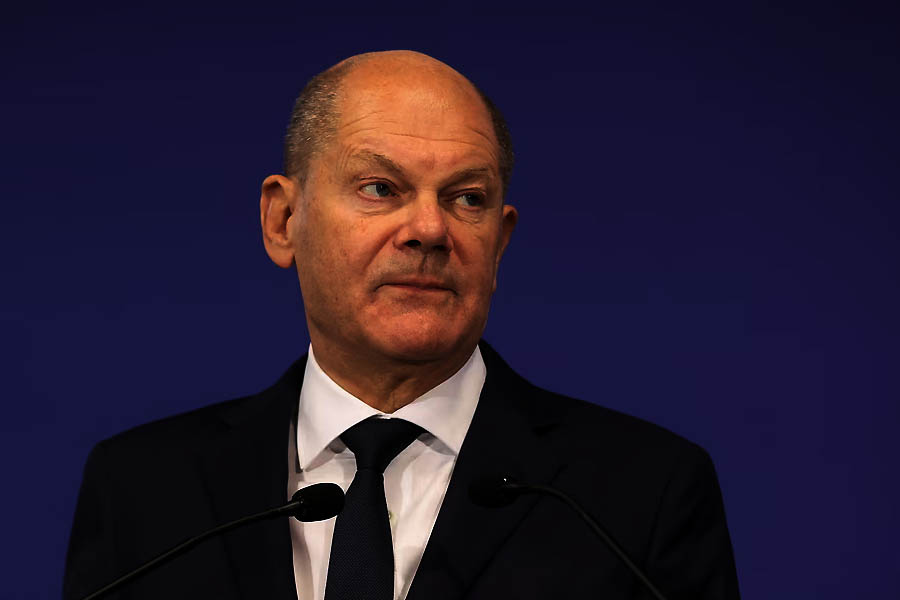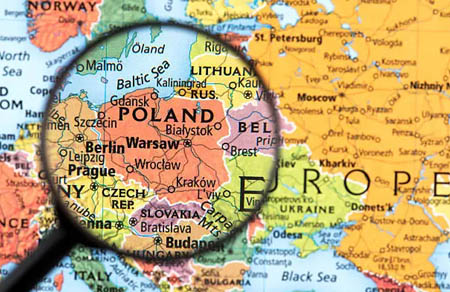
Olaf Scholz Loses Vote of Confidence: Early Elections in Germany
December 17, 2024German Chancellor Olaf Scholz has entered the history books, losing a pivotal vote of confidence in the Bundestag. This calculated political move signals the end of his three-party coalition government and sets the stage for early national elections on February 23. Scholz, who remains interim chancellor, described the decision as a necessary step to restore political stability amid Germany's economic and political turmoil.
The Fall of the Traffic Light Coalition
Scholz's "traffic light" coalition—comprising the Social Democrats (SPD), Greens, and Free Democrats (FDP)—collapsed last month following escalating disagreements. The tipping point came when Scholz dismissed Finance Minister Christian Lindner of the FDP, a move that fractured the coalition irreparably. The FDP’s resistance to easing strict debt limits to fund infrastructure and defense projects was at odds with Scholz's vision, leading to the dissolution of the government.
A Defiant Address
"This is about trust in our country. Germany’s best days lie ahead, but we need unity and purpose to get there."
Scholz also criticized the FDP for prioritizing fiscal conservatism over coalition cohesion, remarking, “Politics is not a game.”
Friedrich Merz and the Conservative Momentum
As the SPD struggles in the polls, opposition leader Friedrich Merz of the CDU/CSU alliance emerges as the frontrunner to succeed Scholz. Merz has promised sweeping economic reforms, including delayed retirement incentives and tax cuts to stimulate growth. His campaign highlights Germany’s rising cost of living, migration policy, and uncertainty surrounding the Ukraine war.
The Political Landscape: Challenges Ahead
Germany's political system is grappling with fragmentation. The rise of radical parties like the far-right Alternative for Germany (AfD) complicates coalition-building. The AfD, now polling near 20%, will likely remain isolated, as no mainstream party is willing to collaborate with it. Adding to the uncertainty is the emergence of the far-left Sahra Wagenknecht Alliance, another disruptor that could further divide the parliamentary landscape.
Economic and Policy Paralysis
The prolonged political uncertainty has stalled critical economic initiatives, from inflation relief measures to industrial growth incentives. Key policies await cross-party agreement, but such compromises remain elusive in a fractured Bundestag.
A Test for German Stability
"We must act swiftly to maintain Germany’s tradition of stability and effective governance." – President Frank-Walter Steinmeier
While the vote of confidence and subsequent early elections are constitutional mechanisms, they evoke memories of the unstable Weimar Republic. Steinmeier expressed cautious optimism about resolving the crisis quickly.
What Lies Ahead
As Germany braces for elections, the road ahead is fraught with challenges. The outcome will shape the nation’s economic recovery, migration policies, and European leadership. With global crises looming, including U.S. trade policies under a potential Trump presidency, the stakes have never been higher.
The February elections could usher in a new era of German politics—or deepen the fractures already threatening its stability. One thing is certain: the post-Scholz era will redefine Germany’s path in the face of mounting internal and external pressures.
Stay Updated on Germany’s Political Future
Don’t miss out on the latest updates about Germany’s early elections and Olaf Scholz’s political journey. Get in-depth coverage, expert analysis, and breaking news delivered straight to your inbox.
Subscribe NowJoin thousands of readers staying informed with Global Post Headline.
Read More From Us
- 🌟🌟🌟🌟🌟 For more International Breaking News visit us at International News
- 🌟🌟🌟🌟 For More Russia-Ukraine War updates, click here
- 🌟🌟🌟🌟🌟 For more International Trade Business news, hit here
Tags: #OlafScholz #GermanPolitics #VoteOfConfidence #EarlyElections #Bundestag #Germany2024 #PoliticalCrisis #TrafficLightCoalition #FriedrichMerz #EconomicChallenges #GlobalHeadlines #EuropeanLeadership #GlobalPostHeadline
Thank you for reading: globalpostheadline.com





